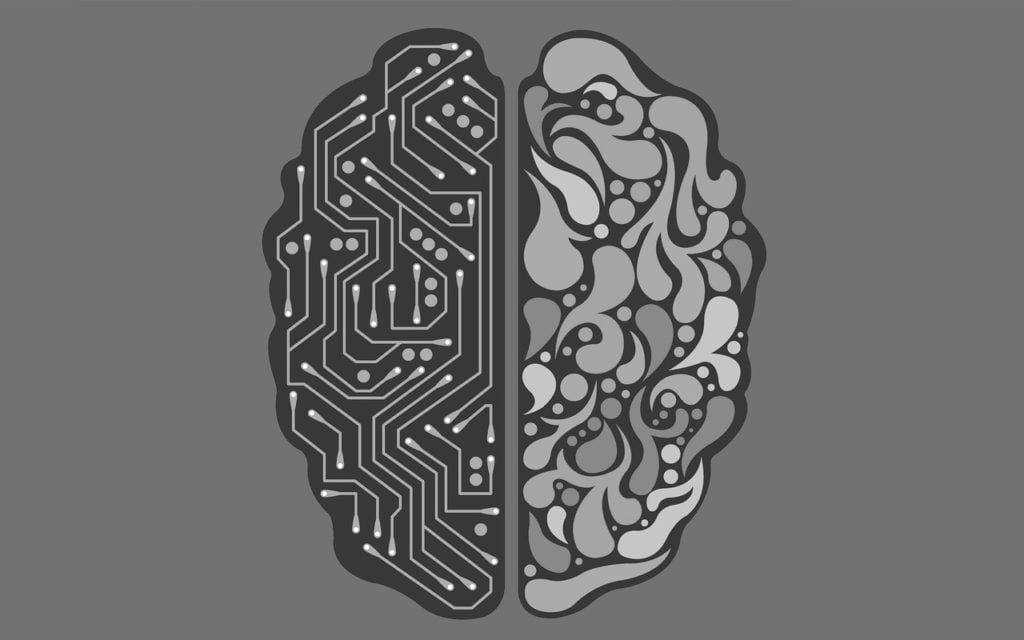It’s no secret that artificial intelligence and machine learning have excellent applications in various medical fields. After attempting to use artificial intelligence with MRI imaging, the next step is machine learning-supported CT scanning with lower doses of radiation, and it yields great results. Artificial intelligence is not only used to reduce radiation exposure in computerized tomography (CT) scanning but also to improve the quality of the images.
The new findings published in the journal Nature Machine Intelligence are described by researchers at Rensselaer Polytechnic Institute and radiologists at Massachusetts General Hospital and Harvard Medical School. The study could result in groundbreaking technology in this field of medicine.
“Radiation dose has been a significant issue for patients undergoing CT scans. Our machine learning technique is superior, or, at the very least, comparable, to the iterative techniques used in this study for enabling low-radiation dose CT,” corresponding author Ge Wang of Rensselaer said in a statement.”It’s a high-level conclusion that carries a powerful message. It’s time for machine learning to rapidly take off and, hopefully, take over.”
Scientists have spent years on low-dose CT images which expose patience to less radiation. However, when the amount of radiation is decreased, so is the image quality. Thus, researchers used different iterative reconstruction technology, including machine learning-supported CT scanning, to bring improvements.
The deep neural network they developed with a machine learning framework brought results that were later compared to the best of results derived from three major commercial CT scanners with iterative reconstruction techniques.
According to Dr. Mannudeep Kalra, a professor of radiology at Massachusetts General Hospital, the machine learning-supported CT scanning yields results much faster while allowing doctors to tune their images to match clinical requirements. The positive results were delivered without using the original or raw data from the CT scanners, althoug the original CT data was available using a specialized deep learning algorithm.
“This has radiologists in the loop,” Wang said. “In other words, this means that we can integrate machine intelligence and human intelligence together in the deep learning framework, facilitating clinical translation.”
“We are excited to show the community that machine learning methods are potentially better than the traditional methods,” Wang said. “It sends the scientific community a strong signal. We should go for machine learning.”
The team’s research is considered a more significant and groundbreaking advancement in the fields of medicine and machine learning. More advancements are continually being made by the faculty at the Biomedical Imaging Center, which is part of the Center for Biotechnology and Interdisciplinary Studies (CBIS) at Rensselaer.
“Professor Wang’s work is an excellent example of how advances in artificial intelligence, and machine and deep learning can improve biomedical tools and practices by addressing hard problems—in this case helping to provide high-quality CT images using a lower radiation dose. Transformative developments from these collaborative teams will lead to more precise and personalized medicine,” CBIS director Deepak Vashishth said.












